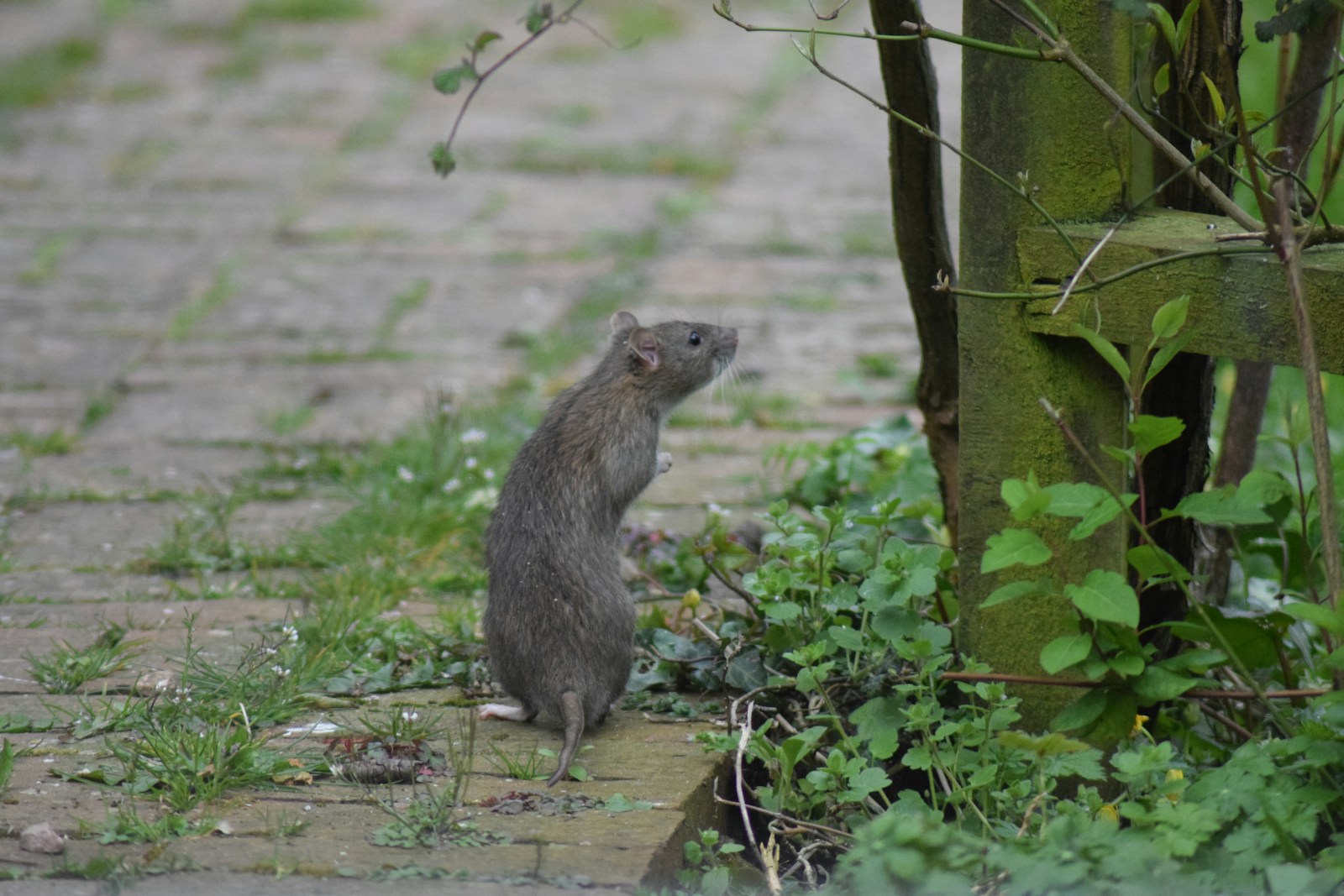
alimaña

vermin
The Spanish word 'alimaña' does not have a direct English translation. However, it is often used to describe a harmful or destructive animal, particularly one that is small. It can also be used metaphorically to describe a person with similar harmful or destructive behavior. In a broader context, 'alimaña' could translate to 'vermin' or 'pest' in English.
Example sentences using: alimaña
La alimaña roba la comida del campamento.

The vermin steals food from the camp.
Here, a vermin is pictured as a thief, stealing food from a camping site.
La alimaña se escondió en la maleza.

The vermin hid in the undergrowth.
This phrase talks about a vermin - typically a small animal considered as a pest - hiding in the brushwood, or dense vegetation.
Esa alimaña está destrozando mis plantas.

That vermin is destroying my plants.
Here, the user associates a person or animal with negative behavior (destroying plants), hence referring to them as 'vermin'.
Nos afanaremos en deshacernos de esa alimaña.

We will strive to get rid of that vermin.
In this sentence, the speaker is indicating a strong desire or effort to eliminate a troublesome creature or person, referred to as 'vermin'.
Una alimaña se interpuso en nuestro camino.

A vermin stood in our way.
This phrase describes a vermin (problematic creature or person) as a hindrance to the speaker's path or plans.
¡Cuidado con esa alimaña venenosa!

Watch out for that poisonous vermin!
This sentence is cautioning others about a vermin that is hazardous due to its poisonous nature.
La alimaña corretea despavorida por el campo.

The vermin runs terrified through the field.
This phrase describes a terrified vermin running wildly across a field.
El gato persigue a la alimaña hasta la madriguera.

The cat chases the vermin to the burrow.
This sentence narrates an activity where a cat is chasing after a vermin until its hideout.
El granjero ha puesto trampas para la alimaña.

The farmer has set traps for the vermin.
In this sentence, a farmer's action of setting traps for pests or vermin on his field is narrated.
Los cazadores buscan la alimaña en la selva.

The hunters are looking for the vermin in the jungle.
This phrase tells a story about hunters searching for a vermin in the jungle.